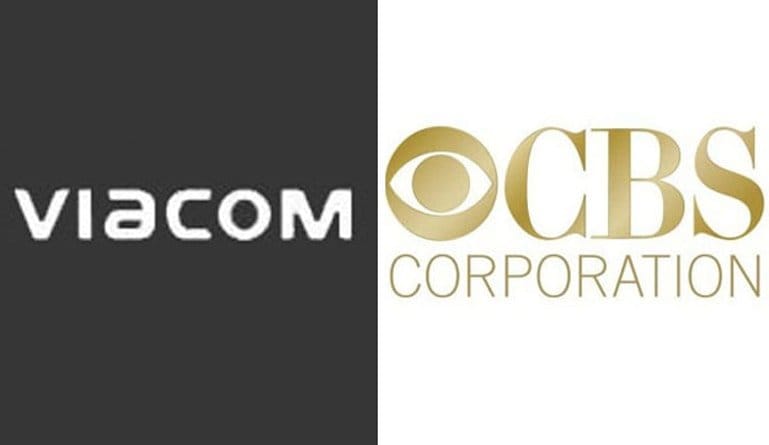A below the market value bid communicated by CBS last Friday was immediately rejected by Viacom.
According to several sources, CBS valued Viacom way below its market value of $12.5 billion. The offer made by CBS is 0.55 shares for each Viacom class B share. However, according to Viacom, a proper “market price” ratio would be somewhere close to 0.62 and the company expected an offer from CBS that evaluated them above this price. A counter proposal is expected from Viacom today.
Other than the below expectation bidding value, another reason of discontent in the potential deal is the executive slate that would run the operations of this venture. Both companies have reached an agreement that CBS CEO Les Moonves should run this venture. While they have an agreement about the number one position, Moonves wants to pick his own person for the number two position, and he is favoring Joe Ianniello, the Chief Operating Officer of CBS. However, Shari Redstone, whose family controls both Viacom and CBS, is in favor of Viacom CEO Bob Bakish for the number two position.
In 2016, both companies explored a merger which was prompted by the Redstone family. However, those negotiations ended unsuccessfully due to concerns from CBS about the pricing and governance. Again in February, both CBS and Viacom set up special committees to explore the possibility of a merger.
The merger dialogue opened with an independent committee in place and with the first offer out from CBS, it seems like pricing and governance are still the key negotiation topics.
In the past few weeks, numerous analysts stated that they expect CBS to put a small premium on Viacom compared to the latter’s stock market valuation in a probable deal.
“With Viacom down 2 percent year-to-date and CBS down 12 percent, we think investors … believe Viacom will be merged at a premium,” RBC Capital Markets analyst Steven Cahall wrote in a March 27 report. “There are arguments on either side, and we conclude that Viacom will likely get some premium because: 1) CBS management cares more about control than price (within reason), and wants to get the deal done and move on; 2) it arguably helps avoid shareholder lawsuits; and 3.) it compensates Viacom for the impact of turnaround efforts.”





